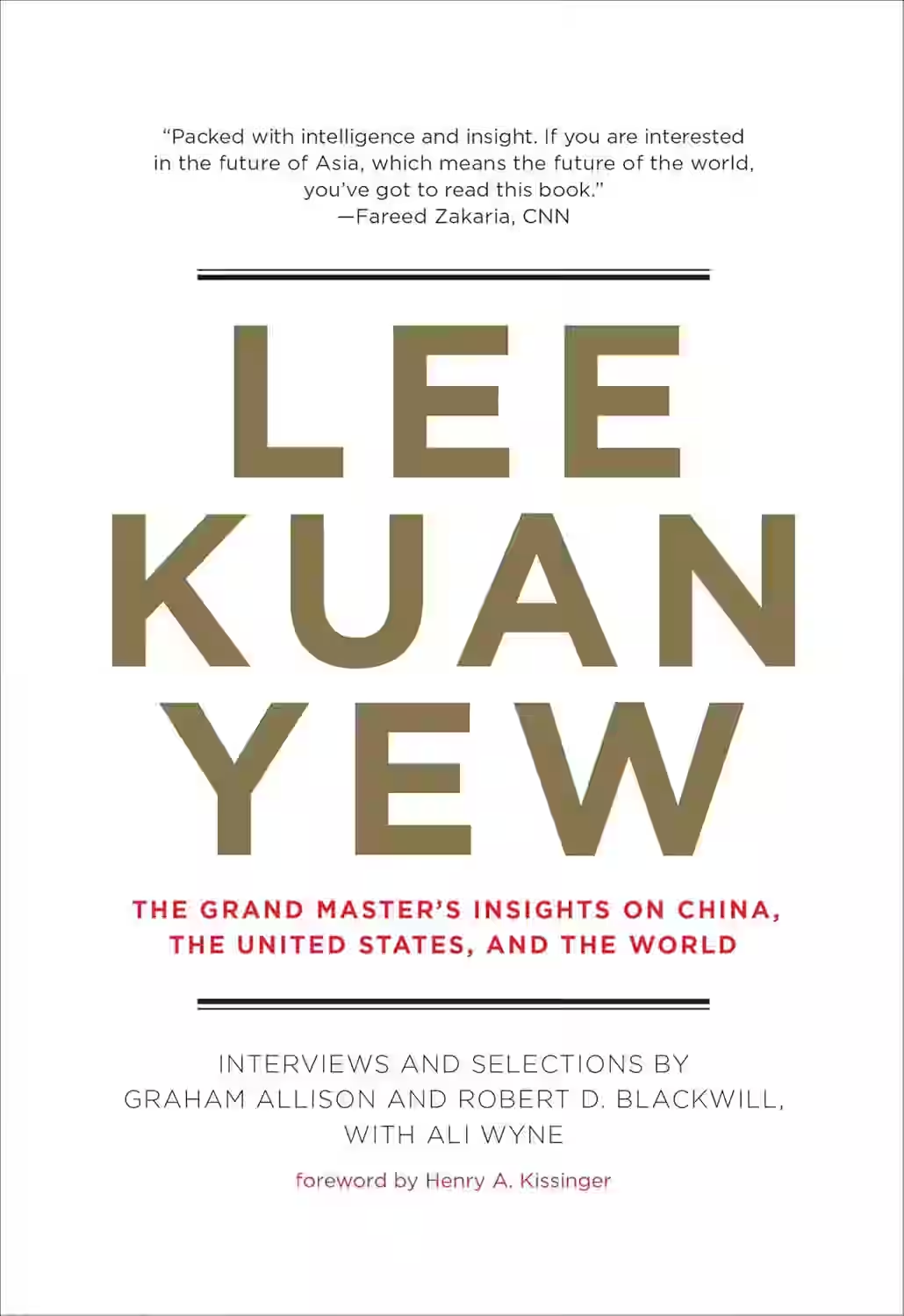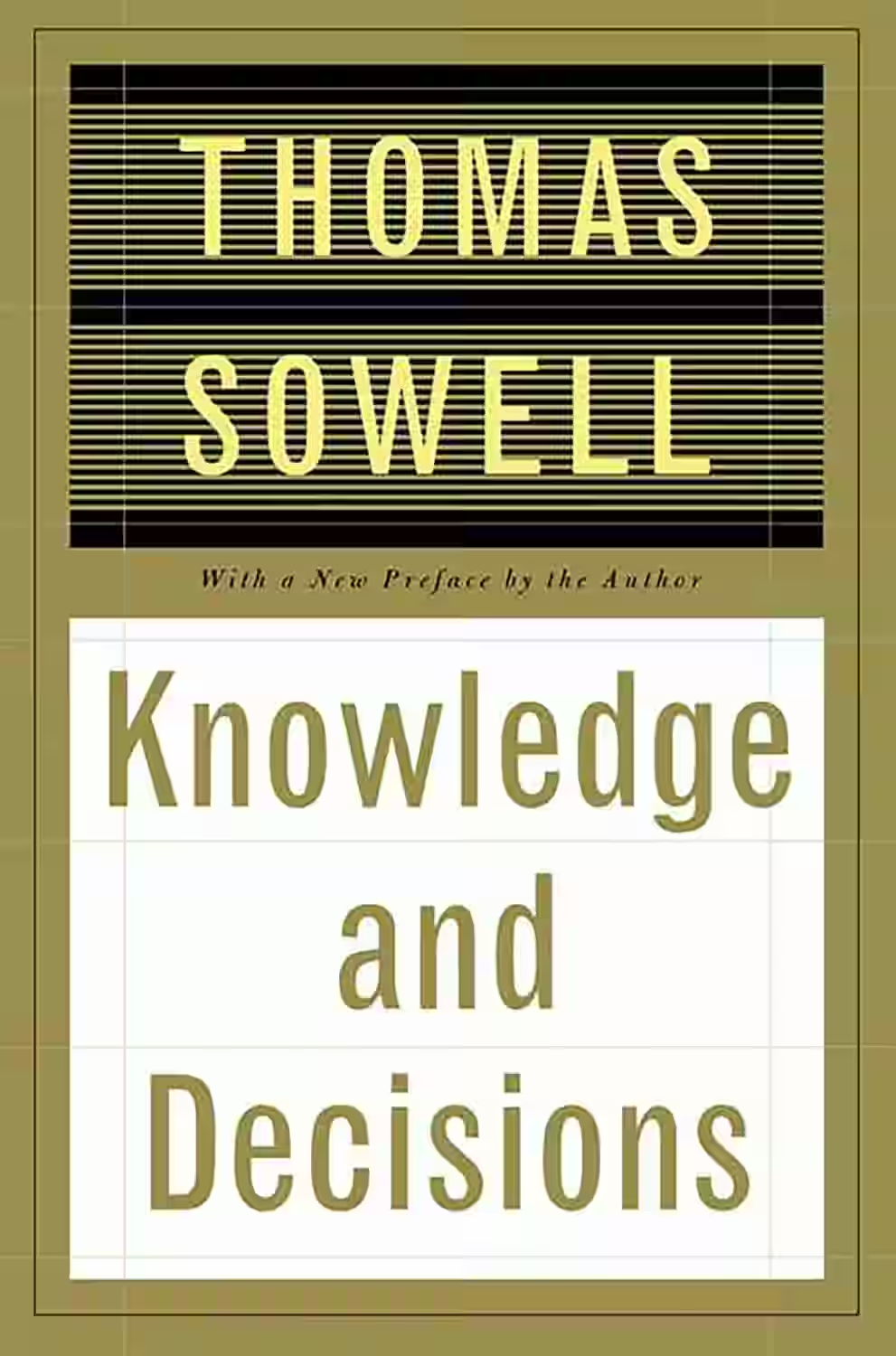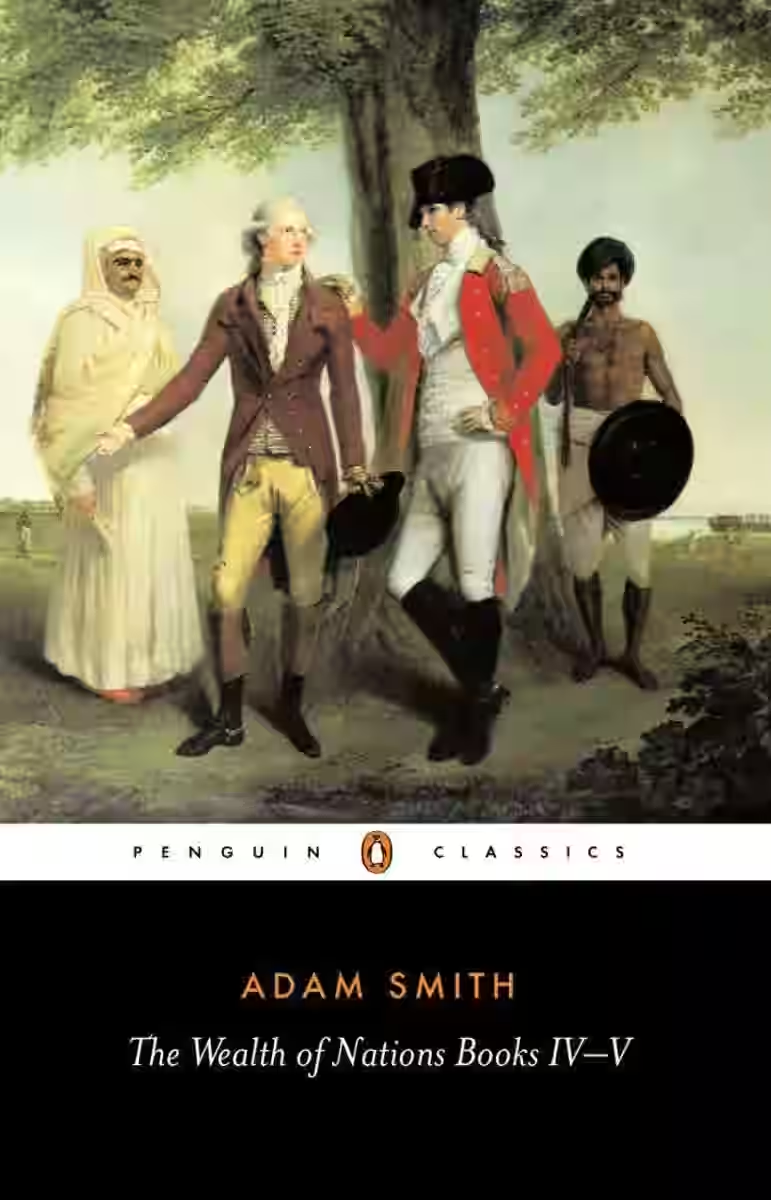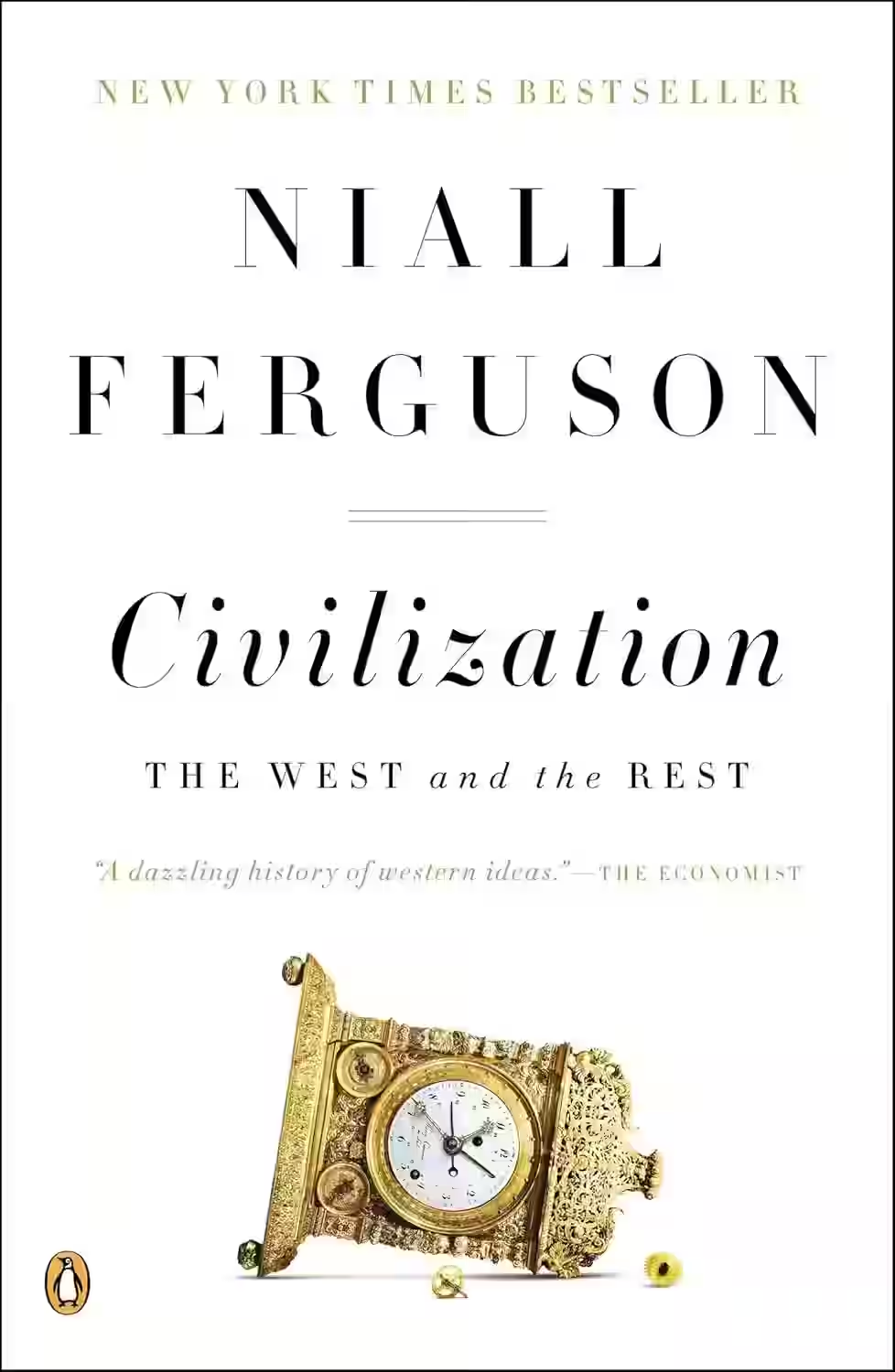
In 'The Grand Master's Insights on China, the United States, and the World,' Graham Allison, a renowned political scientist, offers a compelling analysis of the complex dynamics between China and the United States, exploring their interactions and implications for global politics. Drawing on his expertise, Allison delves into the historical context, strategic calculations, and potential pitfalls that shape the relationship between these two global powers. Through insightful anecdotes and data-driven arguments, he sheds light on the challenges and opportunities that arise from their interactions, providing readers with a deeper understanding of the intricacies of international relations.
About Graham Allison
Graham Allison is a prominent political scientist and author known for his work on international relations and nuclear security. He served as the Director of the Harvard Kennedy School's Belfer Center for Science and International Affairs and has advised multiple U.S. administrations on foreign policy. Allison is best known for his book 'Essence of Decision: Explaining the Cuban Missile Crisis,' a seminal work that explores decision-making processes during crises. His research and writing have had a profound impact on the study of global politics and continue to inform scholars, policymakers, and students of international relations worldwide.
Similar Books

Losing the Long Game
In 'Losing the Long Game' by Philip H. Gordon, the author delves into the complex foreign policy decisions of the Obama administration and explores how strategic missteps led to America's diminished global influence. Gordon critiques the administration's handling of critical issues such as the Syrian civil war, tensions with Russia, and the Iran nuclear deal. He argues that a lack of cohesive long-term strategy eroded American credibility on the world stage. Through insightful analysis and behind-the-scenes anecdotes, Gordon prompts readers to reflect on the implications of short-term thinking in international relations. This thought-provoking book offers a valuable perspective on the challenges of maintaining global leadership.

Knowledge and Decisions
Economist and political commentator Thomas Sowell explores how knowledge is distributed and used across different institutions, from markets to governments. He argues that decision-making is most efficient when decentralized and guided by incentives, rather than centralized planning. Sowell highlights how information, incentives, and constraints shape outcomes in society, emphasizing the superiority of systems that allow individuals to act on local knowledge. Rich in economic and philosophical insight, the book critiques technocratic overreach and defends free-market mechanisms. It’s considered one of Sowell’s most intellectually rigorous works, offering a deep framework for understanding how societies function.

The Wealth of Nations: Books IV-V
by Adam Smith
Series: The Wealth of Nations (#2)
Books IV–V of The Wealth of Nations critique existing economic policies and propose a framework for limited but essential government intervention. In Book IV, Smith dissects the mercantile system, rejecting trade restrictions and monopolies while advocating for free trade. He critiques colonialism and tariffs, favoring open markets. Book V addresses the role of the state in education, justice, defense, and infrastructure—functions Smith sees as necessary for a stable, prosperous society. These volumes balance his case for laissez-faire economics with the need for public investment, rounding out his vision of a functional, ethical, and productive political economy.

Civilization: The West and the Rest
In 'Civilization: The West and the Rest,' Niall Ferguson delves into the history of Western civilization, exploring the factors that propelled the West to its position of global dominance. Ferguson discusses the key institutions, technologies, and cultural values that set the West apart from other societies. Through a meticulous analysis, he argues that these unique factors enabled the West to surge ahead economically and politically. By comparing Western achievements to those of other civilizations, Ferguson prompts readers to ponder the future trajectory of global power. This thought-provoking book offers a fresh perspective on the roots of Western supremacy and challenges readers to contemplate the fate of civilization.